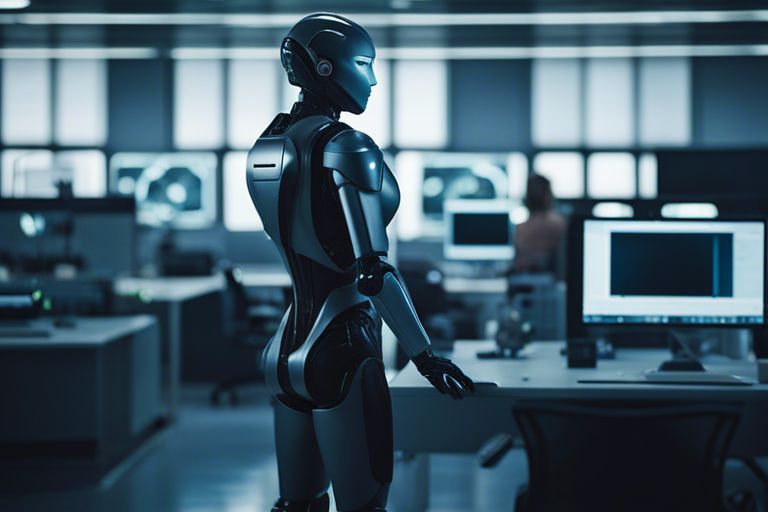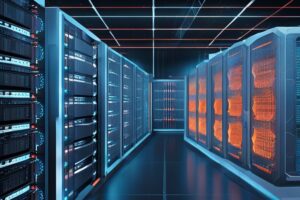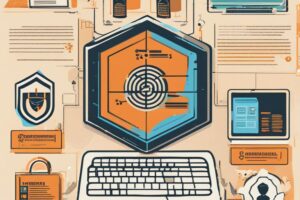AI, or Artificial Intelligence, has become a defining force in shaping the way we work and interact within the modern workplace. From automating mundane tasks to providing insights based on data analysis, AI is revolutionizing the way businesses operate and employees perform their roles. In this blog post, we will explore into the ways AI is transforming the future of work, the benefits it offers, and the challenges it poses as we navigate this new era of technology in the workplace.
The Impact of AI on Employment
Job displacement concerns
On the topic of job displacement concerns, it is undeniable that the rise of AI technology has led to fears about automation replacing human workers. Many industries are experiencing significant shifts as tasks that were once performed by humans are now being automated by AI systems. This has raised valid concerns about the future of work and the potential displacement of workers.
New job creation and the AI economy
Creation of new job opportunities is a crucial aspect to consider when discussing the impact of AI on employment. While AI technology may replace certain roles, it also opens up a new realm of job possibilities. The AI economy has led to the creation of positions such as data scientists, AI ethicists, and machine learning engineers. These roles require a unique set of skills and expertise that are in high demand in today’s digital landscape.
Understanding the dynamics of new job creation in the AI economy is vital for individuals and organizations looking to thrive in the future job market. Embracing lifelong learning and acquiring skills that are relevant to the AI industry can help individuals secure rewarding and fulfilling careers in this rapidly evolving landscape.
Enhancing Productivity and Efficiency
AI and automation of routine tasks
Now, as artificial intelligence continues to evolve, it is revolutionizing the workplace by automating routine tasks that were once time-consuming and tedious. Tools such as chatbots, automated data entry systems, and workflow automation software are streamlining operations and freeing up valuable time for employees to focus on more strategic and creative tasks.
Data-driven decision making
To further enhance productivity, organizations are leveraging AI for data-driven decision making. By analyzing vast amounts of data, AI algorithms can identify patterns, trends, and correlations that can help businesses make more informed and strategic decisions. This real-time analysis allows organizations to adapt quickly to changing market conditions and consumer preferences.
One key advantage of data-driven decision making is its ability to reduce human bias and error. By relying on data-driven insights rather than gut feelings or personal opinions, organizations can make more objective and accurate decisions. This leads to better outcomes and improved performance across all aspects of the business.
Decision makers who embrace data-driven decision making are positioned to stay ahead of the curve and outperform competitors who rely on traditional decision-making processes. By harnessing the power of AI for data analysis, organizations can drive innovation, improve efficiency, and ultimately achieve greater success in the evolving landscape of work.
AI in Workforce Development
Reskilling and upskilling the workforce
One of the key ways AI is revolutionizing the workplace is through reskilling and upskilling the workforce. With rapid advancements in technology, many jobs are becoming automated, leading to the need for employees to acquire new skills to remain relevant in the workforce.
The evolution of workplace learning with AI
Learning in the workplace has undergone a significant evolution with the integration of AI. AI-powered platforms are now able to provide personalized learning experiences, recommend relevant courses, and even assess an employee’s skill gaps to tailor learning programs accordingly.
Reskilling and upskilling the workforce has become a top priority for organizations looking to stay competitive in the digital age. AI has enabled the development of efficient and effective training programs that can be tailored to individual employee needs, ensuring that they are equipped with the skills needed for the future of work.
Ethical Considerations and Human-AI Collaboration
Balancing automation with the human element
Element: As AI technologies become more integrated into the workplace, there is a pressing need to balance the automation they provide with the human element. While automation can streamline processes and increase efficiency, it is important to remember the value that human creativity, intuition, and empathy bring to the table. Finding the right balance is crucial in ensuring that AI enhances, rather than replaces, human capabilities.
Addressing ethical issues in AI deployment
Ethical: Ethical considerations play a significant role in the deployment of AI in the workplace. Issues such as bias in algorithms, data privacy concerns, and the potential for job displacement need to be carefully addressed. It is necessary for organizations to establish clear guidelines and ethical frameworks to govern the development and use of AI technologies.
With the rapid advancement of AI, there is a growing awareness of the ethical implications surrounding its deployment. Organizations must prioritize transparency, accountability, and fairness in their AI practices to build trust with employees and stakeholders. By addressing ethical concerns proactively, businesses can mitigate risks and leverage the full potential of AI in the workplace.
Conclusion
Now, as we research deeper into artificial intelligence in the workplace, it is evident that AI is revolutionizing the way we work. From automating repetitive tasks to enabling data-driven insights, AI is shaping the future of work by increasing productivity, efficiency, and innovation. As organizations continue to adopt AI technologies, it is crucial for businesses to embrace these changes and adapt to a more AI-driven workplace in order to stay competitive in the ever-evolving business landscape. By harnessing the power of AI, businesses can unlock new opportunities, streamline processes, and drive growth in ways never before imagined.



